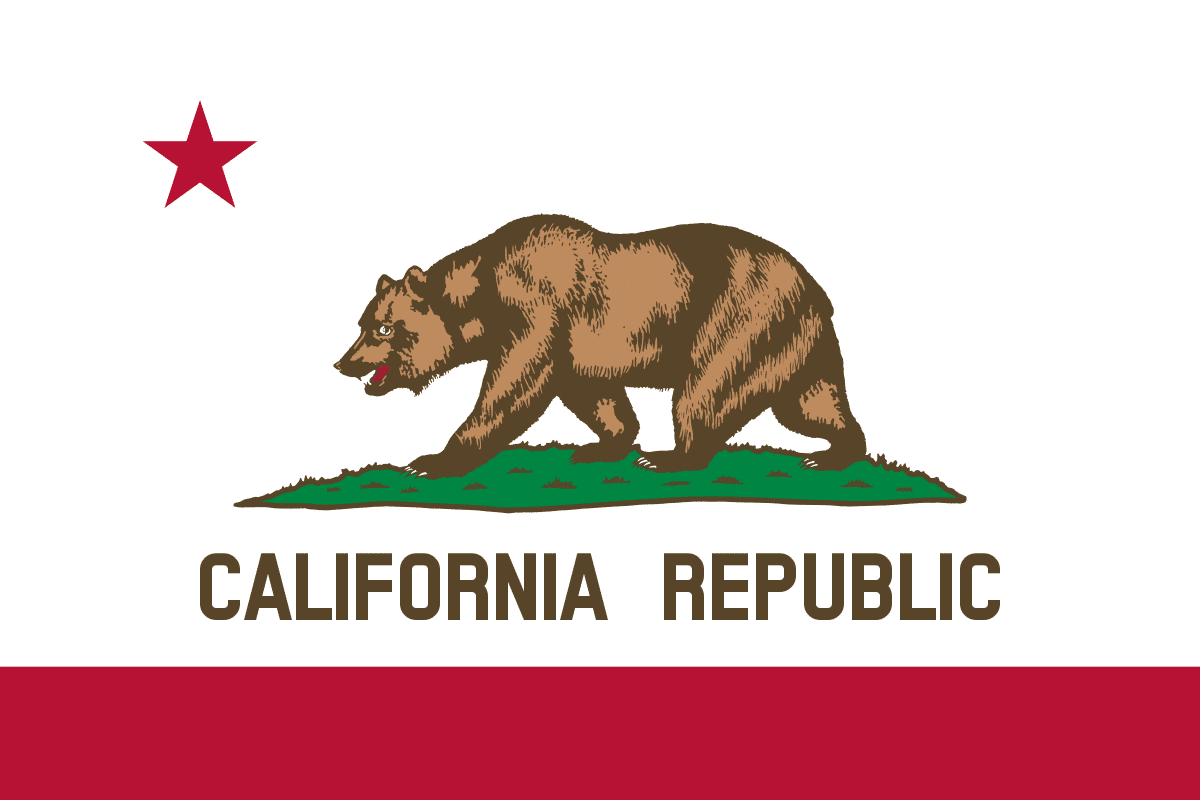
If you currently live in a high tax state like California, New York, New Jersey, Georgia, or Missouri, if you’ve looked at your paycheck you see a ton of taxes going to the state government. What are the chances you remain in that state at retirement? They’re probably pretty low given that the average person moves almost 12 times during their lifetimes. I suggest taking a look to see if your 401k is tax deductible from your state’s income tax. Most likely it is, and that means you should max your 401k right away if you can afford to.
Most States Let You Deduct 401k Contributions
Currently, only Pennsylvania does not allow you to deduct your 401k contributions on your state taxes. New Jersey prioritizes 401k contributions over everything. The state allows you to deduct contributions to 401ks but not IRAs. That means a lot of Jersey residents pay the steep 6% income tax unnecessarily on their retirement savings.
Obviously, if you live in a state without an income tax like Alaska, Florida, or Texas, then you do not get any credit on your state taxes for contributing to a 401k. Regardless, you will also have to pay your Social Security FICA taxes no matter what you contribute.
General Rule for 401k Savings
If your state income tax rate is 5% or higher, I suggest you use a traditional pre-tax 401k to save as much as you can possibly afford. If you retire at a traditional age, you have the option to move to a no tax state and spend this money without income tax payments. If you retire early, you can use your low tax bracket to roll over your 401k to an IRA, then convert it to a Roth IRA. If you need the money, you can then withdraw it almost penalty free.
Additionally, if you early retire, you can use phantom income from IRA conversions to maximize your Obamacare subsidy when purchasing health insurance. Not making a value judgment as to if that’s the right thing to do or not, but we will be paying taxes to support it for a long time so I plan on maximizing my after tax income each year.
When to Use a Roth 401k
If you live in a high tax state and are in the 25% tax bracket, then the short answer would be never. However, if you live in Florida and earn $45,000 and have plenty of savings, then I would totally suggest using a Roth 401k. I used a Roth 401k in my first six months of employment because I would only have an income 50% as large that year. Hence, my ta bracket would be low so using a Roth made sense.
When to Use an IRA Instead of a 401k
The only time you should use an IRA instead of a 401k is if your 401k is REALLY bad. Even if it’s just a little bad, you should still use your 401k first because you get a higher contribution limit. You can save $18,000 a year in a 401k and only $5500 in an IRA. That’s a big difference. Also, the tax break you get on IRAs is more difficult to get than a 401k. The reason is that the government places an income test on tax benefits for IRAs but does not on 401ks.
I am a much bigger fan of using an IRA in addition to a 401k, and not as a substitute. That brings your total tax advantaged retirement savings ability all the way to $23,500 a year.
High State Income Taxes? Max Your 401k
The next time you become depressed for sending so much income to your state government to play with, remember that the pre-tax 401k allows you to dodge a lot of these taxes.
Max your 401k at $18,000 a year, and your state tax bill will plummet. Pay all the taxes you are legally required to do, but pay not a cent more.
Questions for You
- How much do you contribute to your retirement plan?
- What plan do you use? IRA or 401k? Traditional or Roth?

Thanks for another useful article, Travis. In Canada we have a variety of tax-advantaged accounts that are similar to the 401K. It’s great that governments are willing to encourage their citizens to forego immediate spending in lieu of saving. Now if only more people would take advantage of it! 🙂
Yes, it’s so great that our masters encourage the peasants to defer gratification. How generous of them to allow us to defer taxes for a few years!
I am fortunate enough to be able to max out my 401k. While I live in Virginia which has a 5% tax bracket I never considered using a Roth 401k for a state like Florida. I like the analysis that you did on that one. If I find myself in a income tax free state I will definitely utilize a Roth 401k.
A lot of employrs are offering them now which didn’t used to be true
I live in Pennsylvania where my 401(k) contributions are tax as earned income by the commonwealth. So in essence it become a Roth IRA without the limitations at the state level. My question is: If I move to a state that taxes pension/retire income (say North Carolina) does the tax I paid on the contribution adjust the cost basis for determining the tax I pay on the distribution? Or will I have to pay the entire state tax rate on the distributed amount? Since PA does not tax any retire/pension income, it makes sense for people to move into the state at retirement age since they don’t make the tax retroactive.
Thanks
I don’t think you get a credit. However, PA does have a very intense gift and inheritance tax with very low exemptions. So if your goal is to leave a legacy it’s a poor state for that.